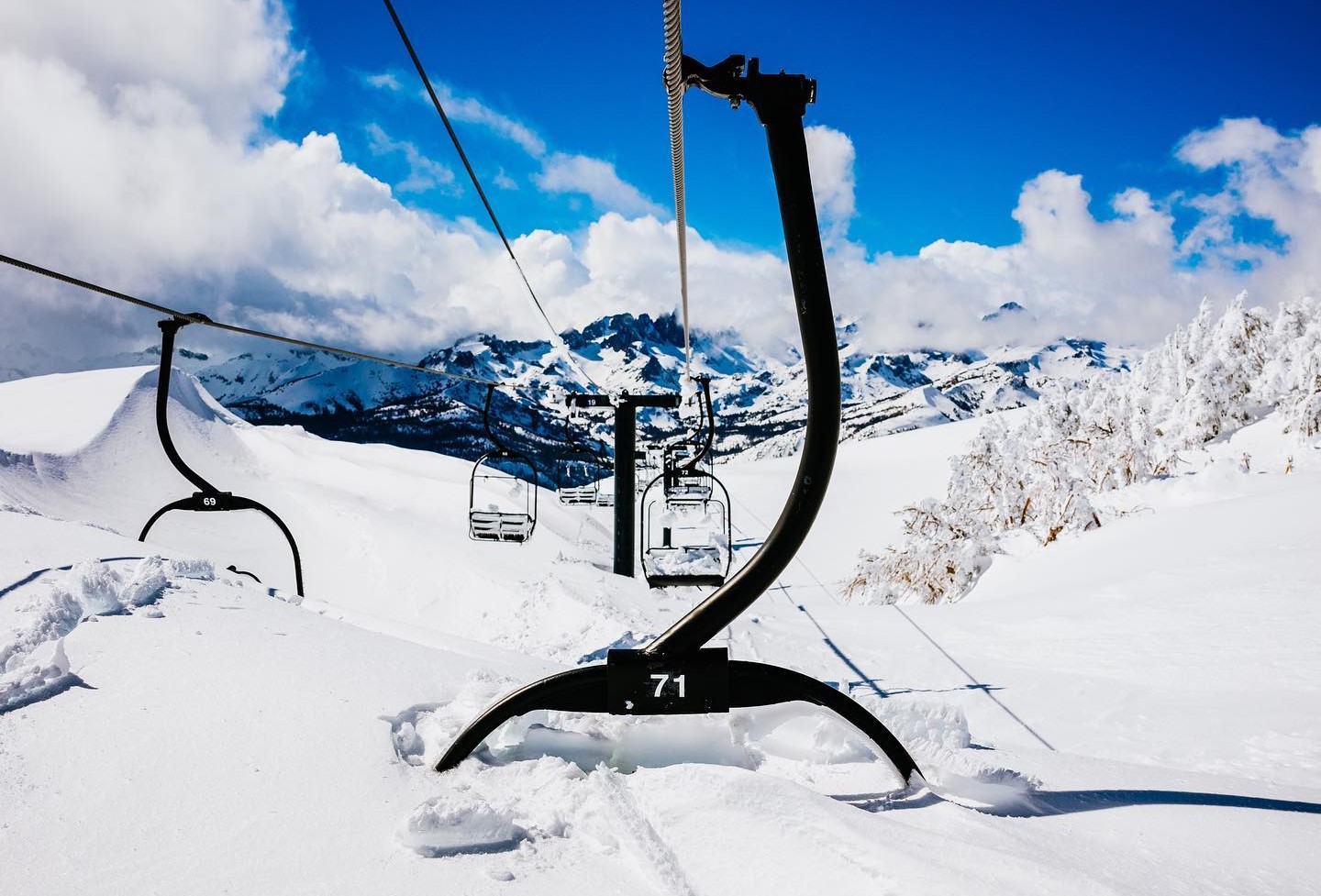
FEMA is currently monitoring two atmospheric river storms heading towards the West Coast and urges Californians to pay attention to the evolving forecast, listen to instructions from local authorities, and evacuate immediately if told to do so.
While the current atmospheric river is on track with potentially heavy rainfall in southern California, which could result in some flooding and landslides, FEMA is encouraging every community to get prepared this winter season as other storms are expected to follow. Additionally, FEMA encourages people to listen to state and local officials about storm warnings and road conditions in your area. Flooding is often the greatest threat to life and property. It poses a significant threat of drowning and can occur before, during, or after the storm passes through an area.
FEMA encourages everyone to visit Ready.gov or Listo.gov to learn more about how to be prepared and how to protect yourself and your loved ones during emergencies. For additional tips and to learn about the common hazards people might face when the weather turns cold, visit #WinterReady | Ready.gov to learn more. FEMA also has a list of low-cost solutions for home heating and advice for older adults and those who work or play outside or don’t typically experience winter weather.
Preparing for Flooding
- Get Emergency Alerts: Make sure to sign up to receive weather alerts in your community and stay updated on the latest weather news from the National Weather Service. You can also download the FEMA App to get weather alerts.
- Be aware: Flooding can sometimes cut off transportation routes with little or no warning.
- Don’t drive or walk through flood waters. It only takes a small amount of water to move people or vehicles. If you encounter a flooded roadway, don’t attempt to pass through water — turn around, don’t drown.
- Stay off the roads. Emergency workers may be assisting people in flooded areas or cleaning up debris. You can help them by staying off the roads and out of the way.
- Avoid downed power or utility lines; they may be live with deadly voltage. Report them immediately to your power or utility company.
- Your National Flood Insurance Program policy will cover and reimburse certain actions you take to minimize damage to your home and belongings before a flood.
Preparing for Winter Conditions
- Create a Winter Emergency Kit: Assemble a kit containing essential supplies, including blankets, non-perishable food, water, medications, and a flashlight for your home. Keep essential supplies in your car as well, including food and water, a shovel, windshield scraper, blankets, tow chains, reflectors, and other supplies, in case you become stranded.
- Older Adults May Have Unique Needs: Engage your support network if you need help cleaning ice and snow so you can keep walkways and steps clear. Have the name and contact information of a nearby family member or friend who can regularly check in on you.
- About 30% of a Home’s Heating Energy is Lost Through its Windows: Keep window coverings like blinds or curtains open during the day to take advantage of the sun’s heat in the winter – especially windows that get direct sunlight.
- Save on Heating Bills: Close the doors of rooms you are not using. Close the vents and shut the doors in these rooms, and keep the basement door closed. Place a rolled towel at the bottom of all doors to keep drafts out. Close them at night to keep heat from escaping.
- Develop an Emergency Plan: Establish a clear and concise communication plan with your loved ones so you know how to get in touch in an emergency. Before a winter storm or drop in temperatures, check in on your neighbors and friends, especially older adults or others who may have unique needs, to help them prepare.
- Stay Informed: Keep abreast of local weather forecasts and official alerts. Stay informed about any advisories, watches, or warnings issued by authorities. This information is critical for making timely and informed decisions during severe weather events.
- Protect Your Home: Winterize your home by insulating pipes, sealing drafts, and checking heating systems. Home heating is the second leading cause of home fires, and winter is when most home fires happen, so ensure that heating sources are in good working condition. Taking these precautions can prevent damage and ensure a warm and safe living environment.
- Practice Safe Driving: If travel is necessary during adverse weather conditions, drive cautiously. It takes longer to slow down and stop on icy roads, so increase your following distance from 3-4 seconds to 5-6 seconds. Keep a winter emergency kit in your vehicle and be aware of road conditions.